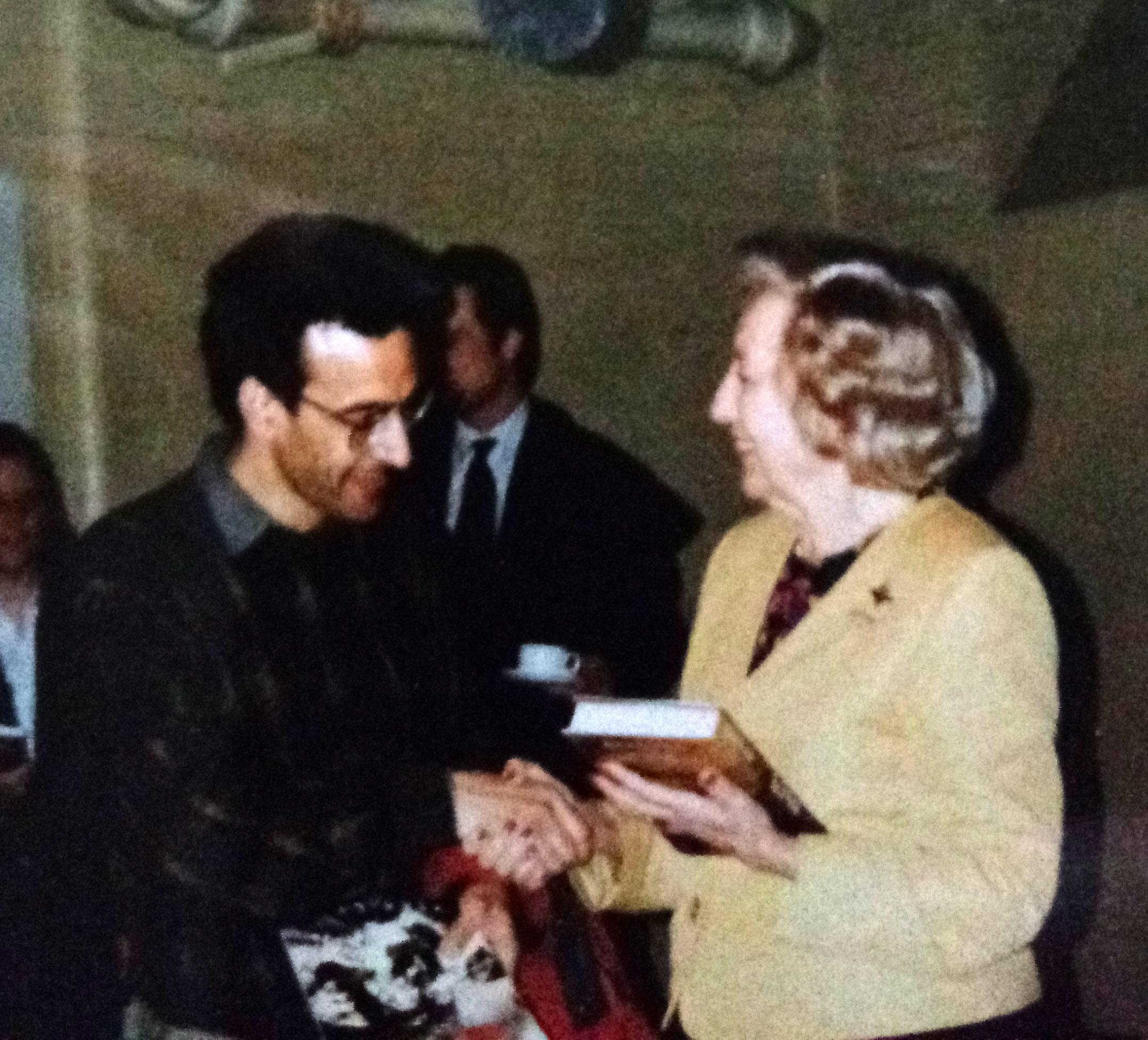
The occasion was our 20th wedding anniversary. As a gift to my wife Jayne and me, that spring of 1995, my parents had bestowed airfare to the U.K. We’d barely unpacked in London, when we saw on the news that one of our planned tourist destinations – Winston Churchill’s underground Cabinet War Rooms – was the to be visited by Dame Vera Lynn the next morning.
At a press conference, she’d be launching a fundraiser to assist needy veterans. Jayne and I decided to try to “accidentally” arrive there about the same time. I think we were first in line to tour the site the next morning.
“We understand that Dame Vera will be here,” I shared with the commissionaire at the ticket wicket.
“Oh, really?” the commissionaire kidded. “And who might you be?”
“Just a couple of curious Canadians,” I offered.
“Well, how appropriate. Today, Canadians get in free,” and he directed us – stunned but delighted – directly in.
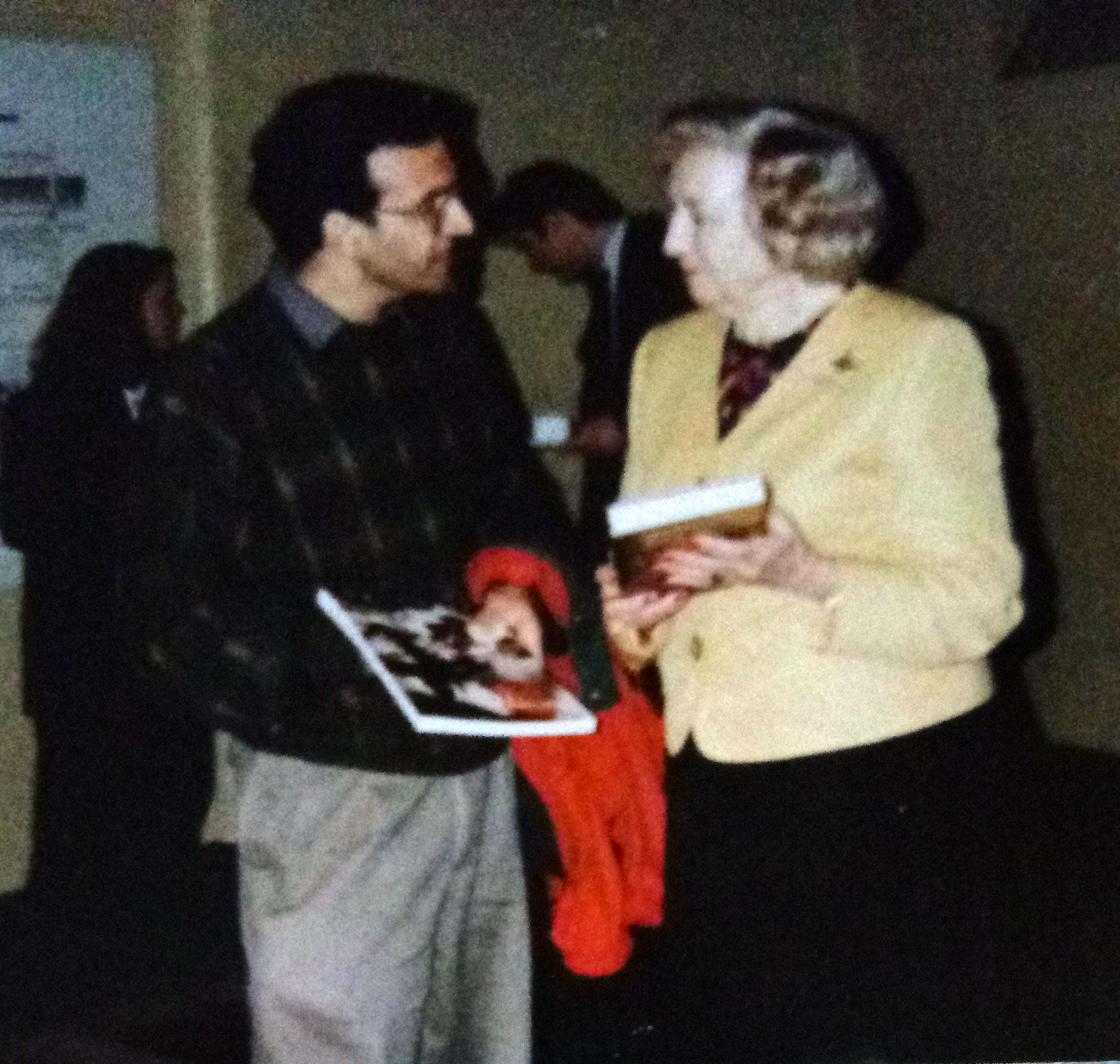
I’m not one easily dazzled by status, royalty or celebrity. However, I confess to adoring Dame Vera Lynn. When she died, this past week, I reminisced about the precious few times I’d actually met her. If you’ll allow me, a few stories: Our first meeting in the 1970s came while I hosted a CBC Radio show; I interviewed her (on the telephone) about the release of a new record album.
That anniversary trip to London in 1995 turned out to be our second encounter. That morning, having apparently dazzled the Cabinet War Rooms commissionaire of our Canadian-ness – remember this was pre-911 – I moved quickly around the war rooms site in search of Dame Vera’s press conference.
Armed with a copy of a book that my father, Alex Barris, and I had just co-authored, Days of Victory, I asked some of the people attending Ms. Lynn, if I could meet the lady and give her a signed copy of our book about the final days of the Second World War. Dame Vera’s handlers agreed, and suddenly there I was in front of lights, microphones and news cameras presenting “the Forces’ Sweetheart” with Dad’s and my co-authored book.
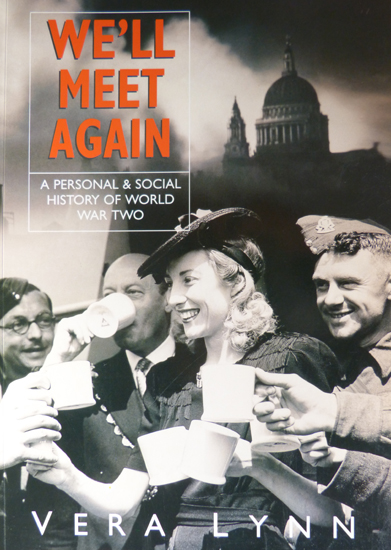
“To Dame Vera Lynn, who made the lights come on again all over the world,” I inscribed on our title page, and handed her the book.
Whereupon she snapped her fingers and immediately, one of her attendants, brought out a copy of her latest book, We’ll Meet Again, and she signed it: “To Alex and Ted. Yours, Vera Lynn.”
The consummate professional, she played to the cameras as much as I did. But the difference was, after the cameras stopped rolling, she still invited Jayne and me to tea; she seemed genuinely delighted to meet a couple of Canadians touring London on their anniversary.
Now, one might think in nearly a century of public appearances – Dame Vera died last week at age 103 – that the parade of faces, millions of handshakes and worldwide adoration would all have become a blur to her. She would never remember an individual meeting.
It turns out, not only did she have enough personality to charm Allied armed forces in wartime, but she also had a memory as long as her parade of hits.
As my wife and I have done for many years now, in 2006, we organized a springtime tour that explored sites in and around London, that had housed secretive operations 1939-45. Places such as Bletchley Park, where encryption experts had decoded Enigma; Southwick House, where Dwight D. Eisenhower had planned the D-Day invasion; and those very same underground Cabinet War Rooms, where Churchill had directed the war effort … and where I’d “accidentally” bumped into Dame Vera in 1995.
With a number of veterans, their families and others travellers old enough to recall the war first-hand with us on our 2006 tour, I managed to reach Virginia Lewis-Jones, Vera’s daughter.
“Might Dame Vera recall that moment she and I had exchanged books in the Cabinet War Rooms in 1995? And would she consider meeting some Canadian veterans over cocktails on our tour?”
“Yes and yes,” Virginia said eventually.
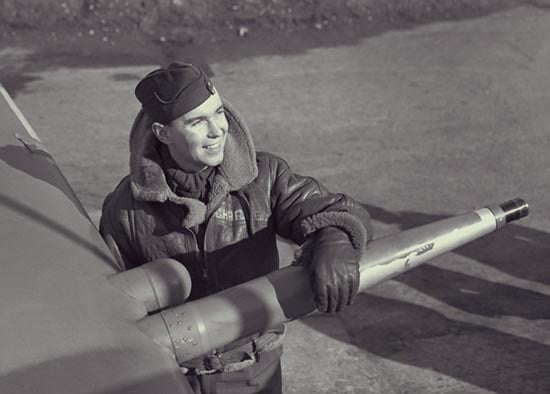
So, on our final day of touring London, recalling its wartime years, I announced to the group: “We have a special guest joining us for cocktails,” I told our group on June 12, 2006, “somebody you’ll all know as ‘the Forces’ Sweetheart.’”
Well, gobsmacked doesn’t begin to describe how thrilled our group was, not the least of them, our guest veteran, Charley Fox. During the war, Charley had served as an instructor in the British Commonwealth Air Training Plan until 1943.
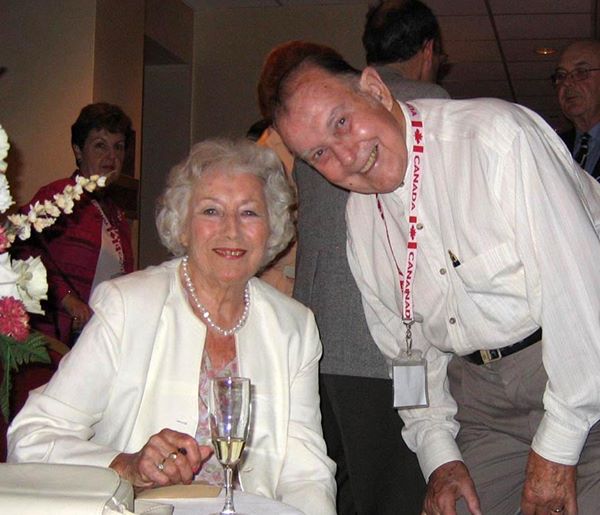
Then, with the RCAF overseas during combat operations flying Spitfires, P/O Fox had also survived 222 combat sorties as a fighter pilot, enough to earn him a DFC and Bar. And yet, Charley told me that evening in 2006 had topped them all.
“Meeting Dame Vera Lynn,” Fox said, “was a highlight in my life.”
I’d have to agree.